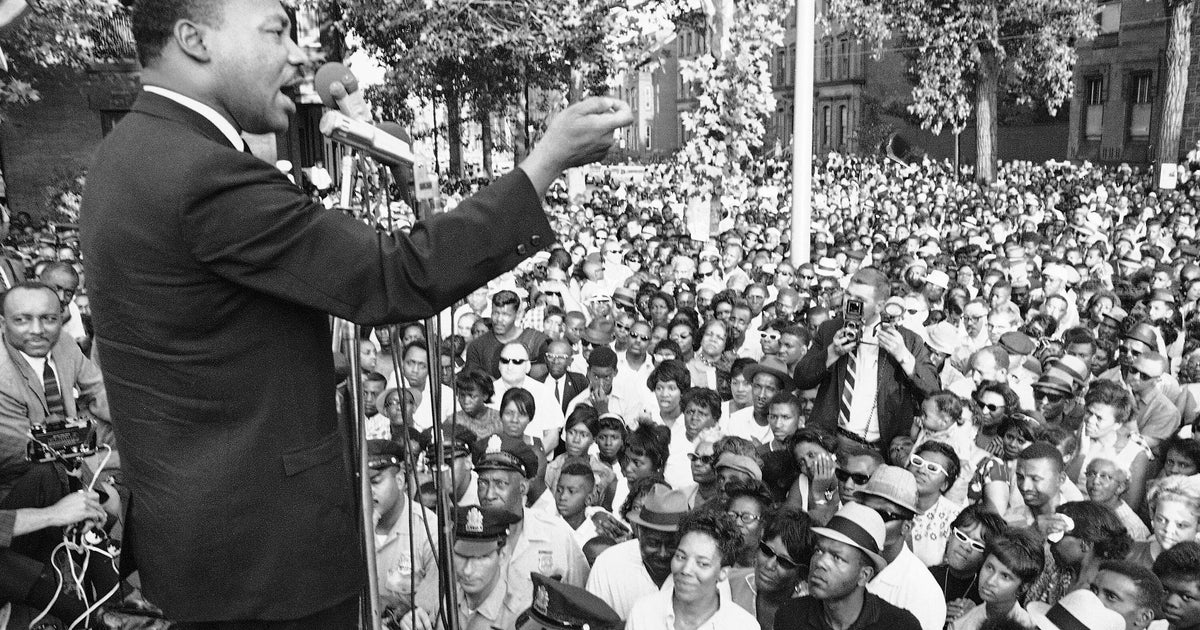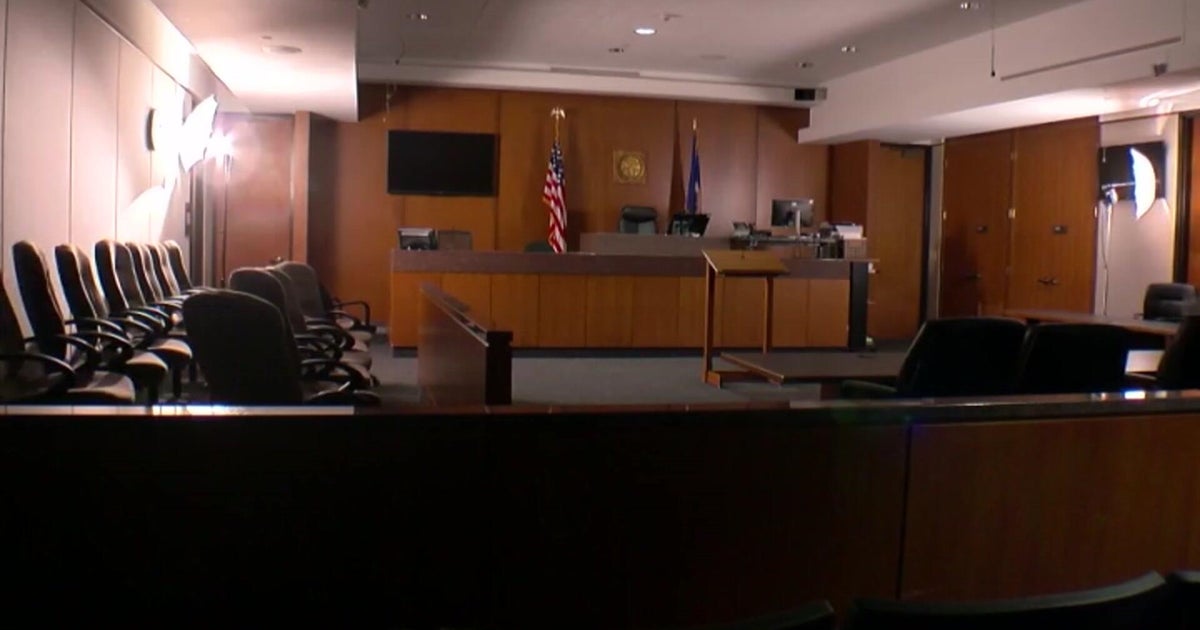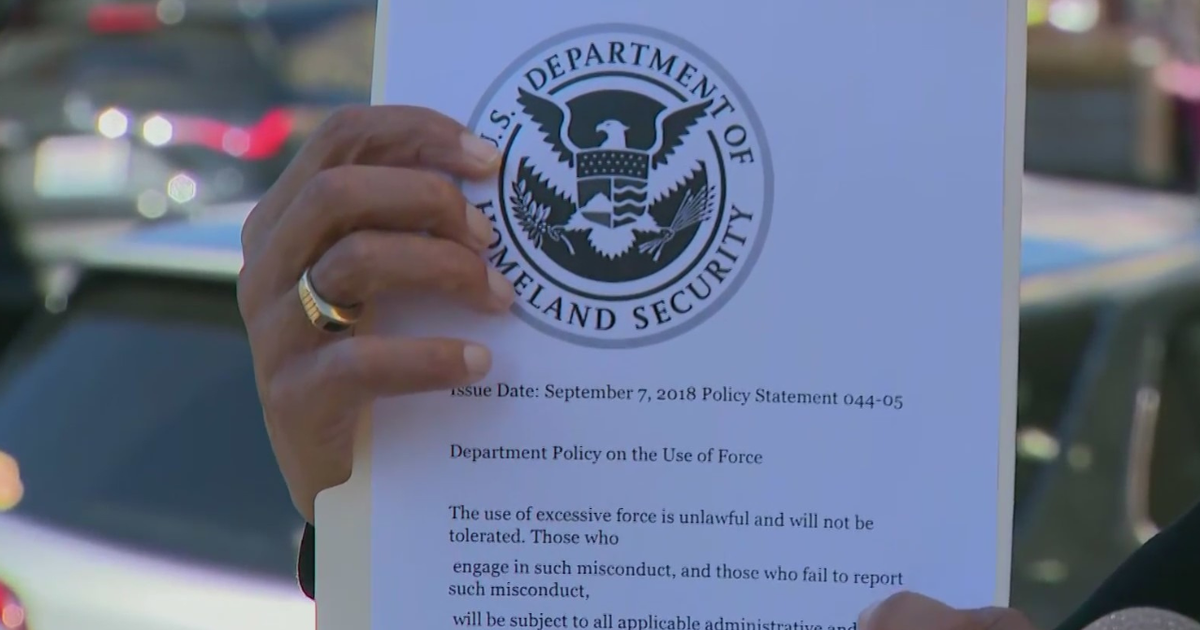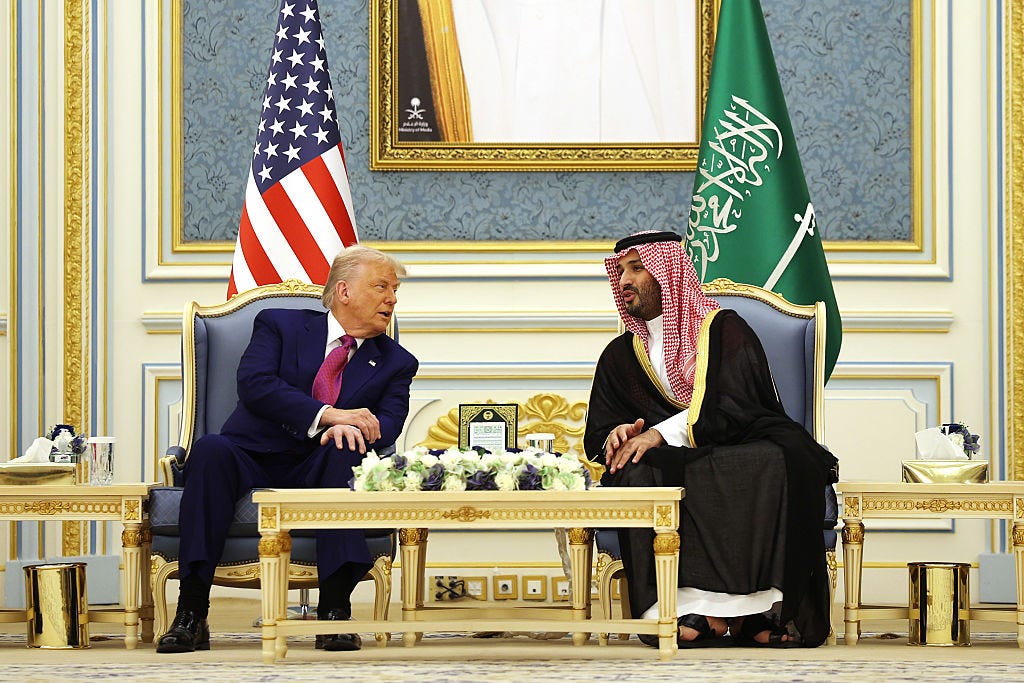U.S. lawyers "paying attention" as female Saudi activist Israa al-Ghomgham due in court
Female human rights activist Israa al-Ghomgham could become the first woman ever sentenced to death for nonviolent protest in Saudi Arabia on Sunday in a case human rights lawyers say "may well constitute multiple violations of international human rights law."
EDITOR'S NOTE, Jan. 14, 2019: A group of human rights activists campaigning online on al-Ghomgham's behalf said in a tweet on Sunday that the hearing scheduled to have taken place over the weekend in Saudi Arabia was postponed. The activists said the Saudi government blamed the latest delay in her case on "a restructuring & reorganization" of the Specialized Criminal Court (SCC) which is hearing it.
Al-Ghomgham is one of six Saudi human rights defenders standing trial at the country's infamous Specialized Criminal Court, five of whom are facing possible death sentences. The court has a history of unfair trials resulting in executions.
Saudi Arabia's crackdown on dissent is attracting fresh attention following the killing of Saudi journalist Jamal Khashoggi late last year.
Israa al-Ghomgham's case
Al-Ghomgham has been in detention since 2015, when she was arrested for activism related to fighting discrimination against Saudi Arabia's Shiite Muslim minority.
She is charged with things including chanting "we shall not be humiliated," and "we demand penalties for those who fired bullets," according to a brief on the case written by international human rights lawyer Oliver Windridge, which was circulated by a group of U.S. and U.K. lawyers on Friday.
Saudi Arabia's Specialized Criminal Court was created to hear terrorism cases, but Windridge says "its focus appears to have moved from terrorist suspects to human rights defenders and anti-government protesters."
Violations of international human rights law?
In his brief, Windridge lays out three ways in which the prosecution's indictment against al-Ghomgham may violate international law:
- First, he points out that the prosecution is relying on confessions from all six of the accused. Saudi Arabia has a history of relying on confessions made after alleged torture. Torture is banned under international law, and any allegations of it are required to be investigated.
- Second, Windridge points out the non-serious nature of the crimes the accused are charged with, for which the prosecution is seeking the death sentence in five cases. Windridge says the non-violent crimes fall "well short" of the standard required to make the death penalty acceptable under international law.
- Third, Windridge points out that many of the slogans the accused are charged with chanting, such as "we demand the annulment of capital punishment sentences," are benign and would, "even if proved to be true… fall well within permitted forms of expression under international human rights law."
International attention
In an email, the group of lawyers said it hoped, "to make it known that the international community is closely monitoring this situation and is paying attention to the outcome of (al-Ghomgham's) case."
"In my view, the specialized criminal court continues, in all these cases, to violate international human rights law," Windridge told CBS News.
The six activists, including al-Ghomgham, are due to appear in court on Sunday, January 13.





